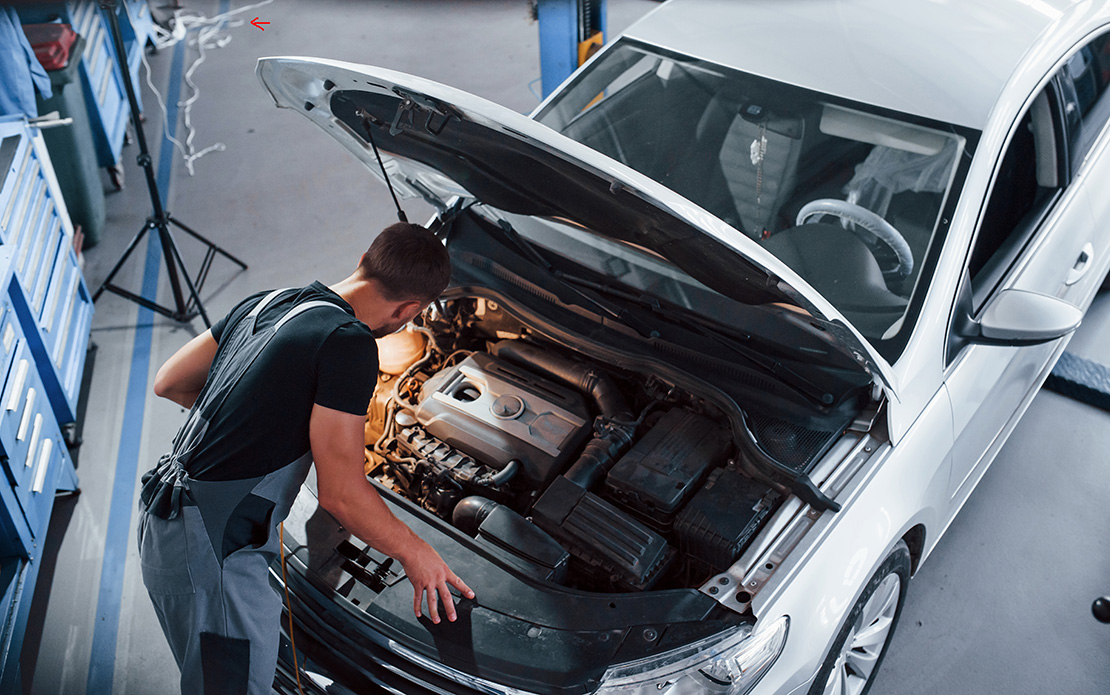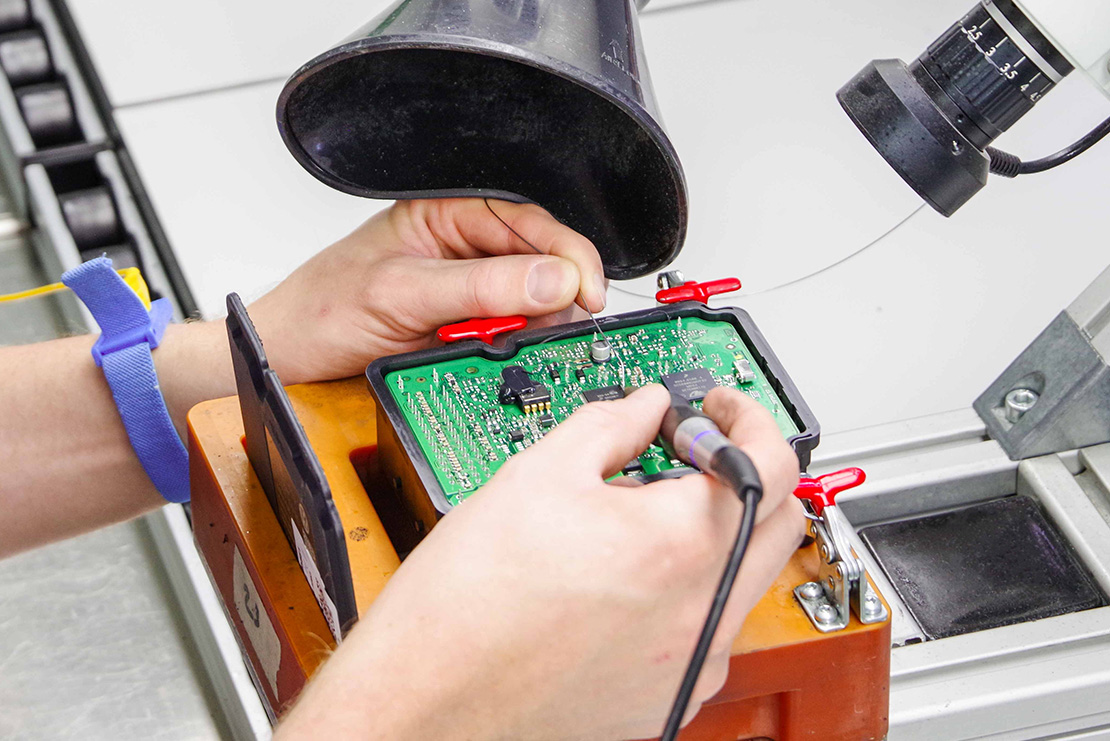Right to Repair and Remanufacturing
The right to repair: it is becoming an increasingly important topic in the automotive industry. That is not surprising, because parts have been scarce or not available in recent years. In addition, electronic components are sometimes encrypted, making it virtually impossible to correct the problem without support from the manufacturer. Is the solution perhaps in new legislation? We dive into the current state of affairs of the right to repair!
What exactly does the Right to Repair entail?
In recent years, the movement supporting the Right to Repair has grown. Right to repair is a philosophy in which people are enabled to independently repair (electronic) devices and other goods in the event of a defect. To make this possible, a number of current restrictions will have to be lifted according to the Right to Repair:
- Restrictions in design
- (Encrypted) software
- Restrictions in spare parts
- Lack of communication about repairability
The idea behind the right to repair is clear: promoting replacement over new, which leads to a more sustainable economy, less (electronic) waste and lower costs. For the automotive industry, this is of course a subject that has been high on the agenda for many years and is therefore one of the drivers of this right. That is not surprising: about 80% of European car companies are not brand dealers with good support from the car manufacturer.

The vast majority of car companies therefore operate independently and to carry out complex repairs they are therefore very dependent on tools and parts from car manufacturers and specialists. If those manufacturers do not offer an opening to the aftermarket, a monopoly position will slowly emerge. Moreover, this situation is further reinforced by the fact that parts are now often glued and encrypted in the cars. Combine this with the fact that the technology of products themselves is becoming increasingly complex and you will understand that it is very difficult to offer repair as an option these days.
New repair legislation

Although the right to repair is still not self-evident, the call for new legislation is increasing. The first steps in this were taken by the European Parliament in 2020, making spare parts better available for repair specialists. A year later (2021), the European Union followed with new legislation that stipulated that companies had to make their equipment more sustainable and offer spare parts for up to ten years after the production date. These regulations were introduced for lighting, washing machines, dishwashers and refrigerators. A nice step in the right direction.
However, France is well ahead of the rest of Europe. They are leaders in the field of the right to repair. For several years now, the 'la loi anti-gaspillage pour une économieulaire' has been in effect in France. This means that electronic products must be provided with a label. This score indicates the repairability of the product on a scale of 1 to 10. A number of criteria is important here, including the availability and cost of spare parts.
Consumers also looking for an alternative to new
It is therefore clear that things have changed in recent years. Research from the Eurobarometer survey shows that 79% of European consumers believe that manufacturers should be required by law to make it easier to repair or replace electronic devices. There are therefore more and more manufacturers who use the repairability of their part as a “unique selling point”.
As a leading company in the remanufacturing industry, ACTRONICS will continue to work hard to offer a sustainable and cost-effective alternative to new parts today, tomorrow and in the future. We are convinced that the circular economy will become increasingly important.
Read more about parts in EV and Hybrid cars


 da
da de
de es
es fr
fr it
it nb
nb nl
nl pt
pt sv
sv fi
fi